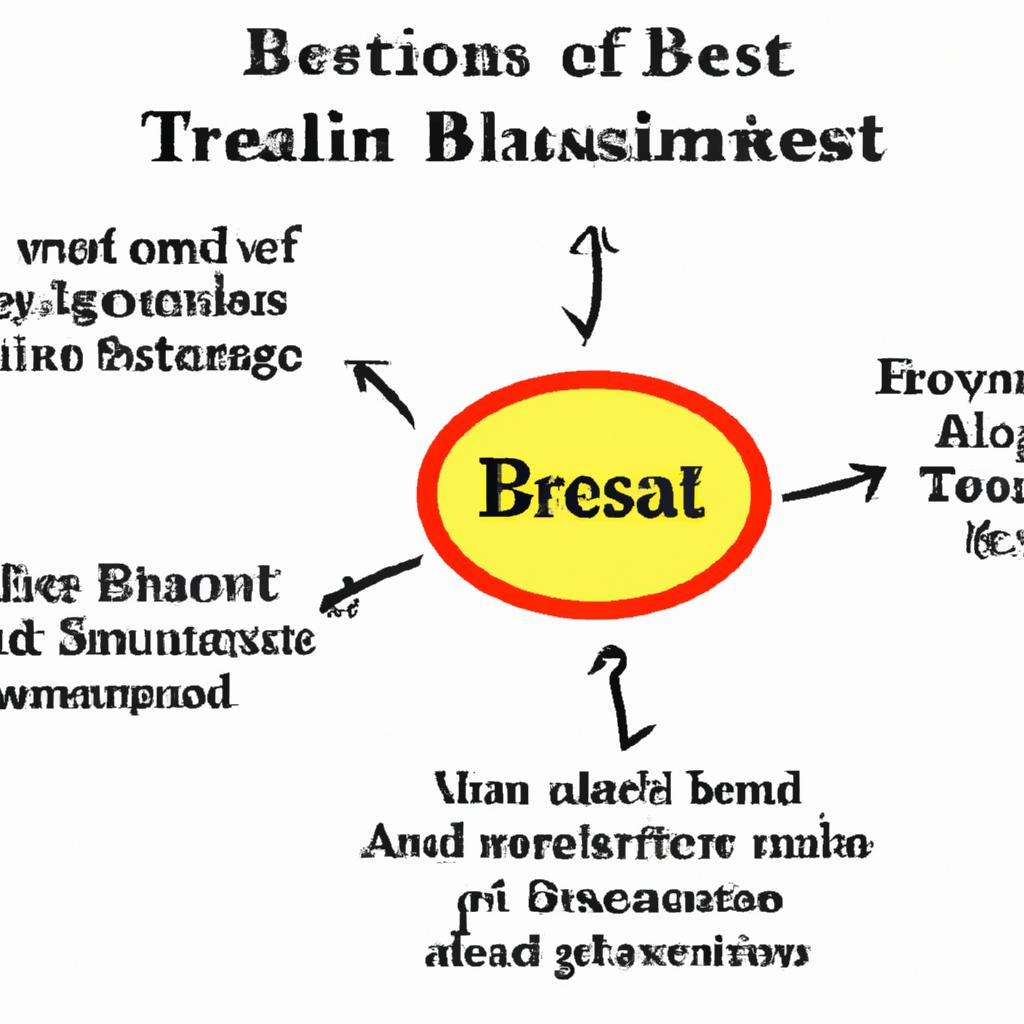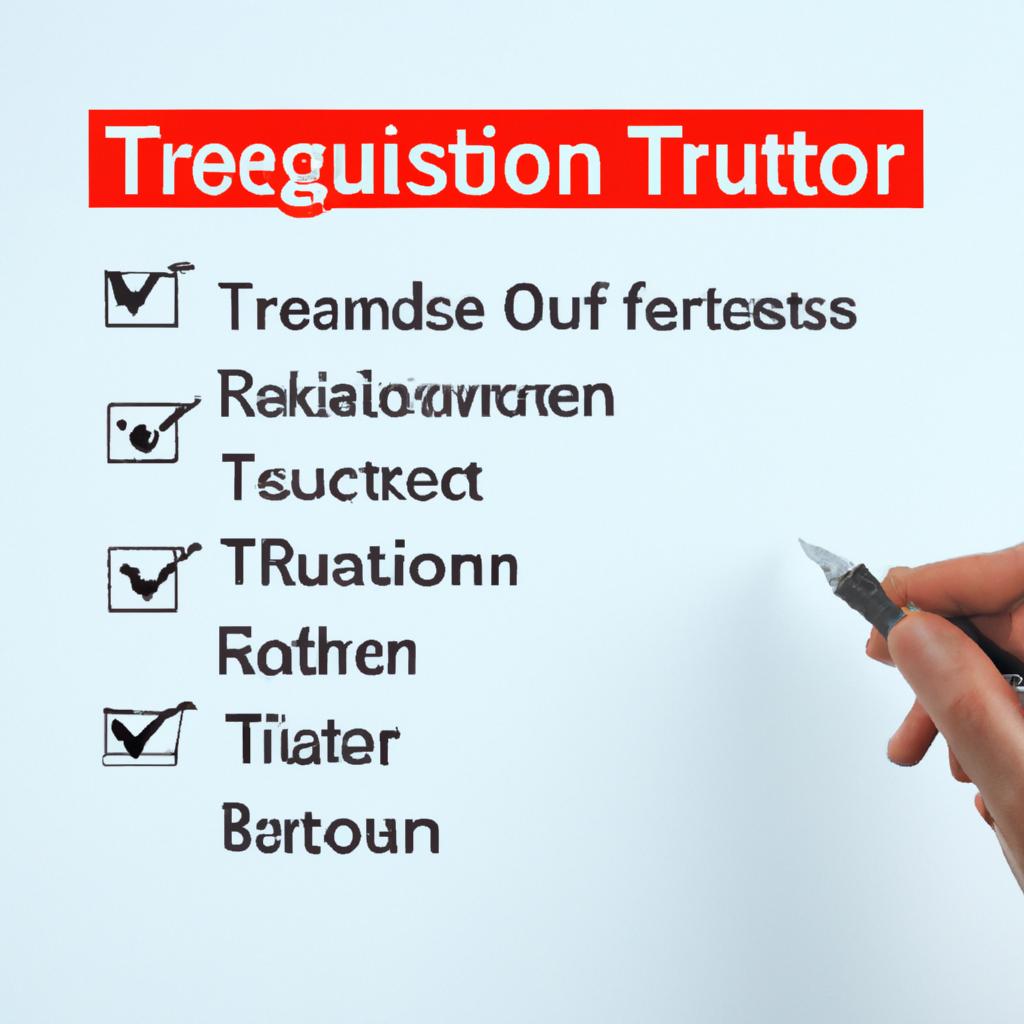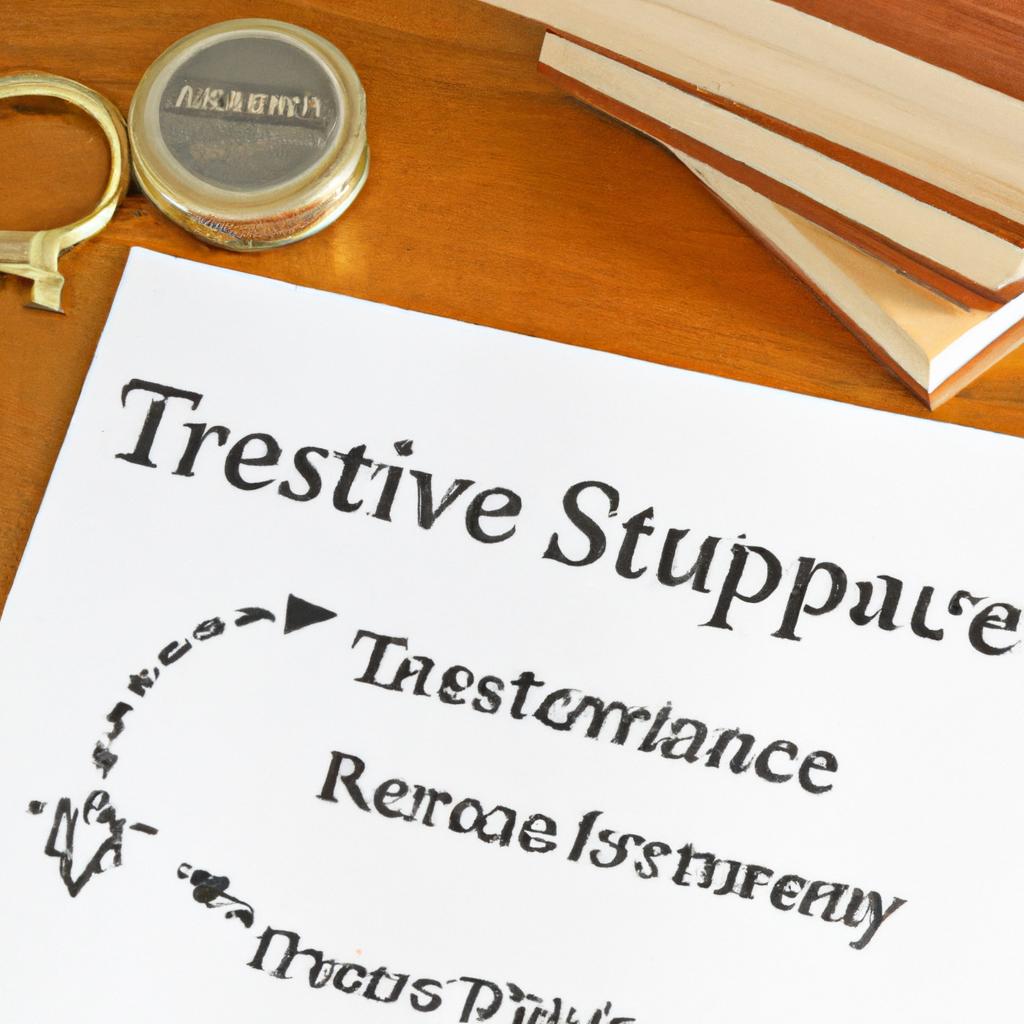In the intricate web of estate planning and wealth management, the concept of asset trust stands as a pillar of security and protection for individuals and their loved ones. As seasoned practitioners at Morgan Legal Group in the heart of New York City, we navigate the nuances of asset trust with precision and expertise. Join us as we delve into the depths of this crucial legal tool, uncovering its value and significance in safeguarding personal assets for generations to come.
Understanding the Purpose of Asset Trusts
Asset trusts play a crucial role in estate planning, allowing individuals to protect and manage their assets for future generations. By establishing a trust, individuals can ensure that their assets are distributed according to their wishes and can provide for their loved ones even after they are gone. Asset trusts are versatile tools that can be used to achieve various goals, such as minimizing estate taxes, avoiding probate, and protecting assets from creditors.
One of the key benefits of asset trusts is their ability to provide privacy and confidentiality. Unlike wills, which become public record after probate, asset trusts allow individuals to keep their financial affairs private. Additionally, asset trusts offer greater control over how assets are managed and distributed, allowing individuals to specify the terms and conditions under which their assets are to be distributed. By working with an experienced estate planning attorney, individuals can create a customized asset trust that meets their specific needs and goals.

Benefits of Establishing an Asset Trust
One of the key is the ability to protect your assets from creditors and lawsuits. By placing your assets in a trust, you can shield them from potential legal claims and ensure that they are preserved for your intended beneficiaries. This can provide peace of mind knowing that your hard-earned assets are secure and protected.
Another advantage of setting up an asset trust is the ability to avoid probate. Probate can be a lengthy and expensive process, often taking months or even years to resolve. By creating a trust, you can bypass the probate process and ensure that your assets are distributed quickly and efficiently to your loved ones. This can save time and money for your estate and beneficiaries.

Considerations for Choosing the Right Trustee
When selecting a trustee for your asset trust, there are several important considerations to keep in mind to ensure that your assets are properly managed and distributed according to your wishes. Choosing the right trustee is crucial to the success of your trust and can help avoid potential conflicts or mismanagement of assets.
<p>One key consideration to weigh is the trustee's level of experience and expertise in managing trusts. It is essential to select someone who has a strong understanding of the legal and financial responsibilities involved in being a trustee. Additionally, consider the personal relationship you have with potential trustees and whether they have the time and availability to fulfill the duties of a trustee. Communication skills, trustworthiness, and reliability are also important factors to evaluate when making your decision.</p>
Key Steps to Setting Up an Effective Asset Trust
When setting up an asset trust, there are several key steps that must be taken to ensure its effectiveness and validity. The first step is to carefully consider the assets that will be included in the trust. This may include real estate, investments, bank accounts, or valuable personal property. It is important to have a clear understanding of what assets will be transferred into the trust and how they will be managed.
Once the assets have been identified, the next step is to choose a trustee to oversee the trust. The trustee is responsible for managing the assets in accordance with the terms of the trust and for the benefit of the beneficiaries. It is crucial to select a trustee who is trustworthy, detail-oriented, and capable of handling financial matters. In addition, it is important to clearly outline the duties and responsibilities of the trustee in the trust document to ensure that the trust operates smoothly and in accordance with your wishes.
Q&A
Q: What is asset trust and how does it work?
A: Asset trust is a legal arrangement where assets are transferred to a trustee to hold and manage for the benefit of a beneficiary. The trustee has a fiduciary duty to act in the best interest of the beneficiary and follow the terms of the trust.
Q: What are the advantages of setting up an asset trust?
A: Asset trusts offer benefits such as tax planning, asset protection, probate avoidance, and control over how assets are managed and distributed to beneficiaries.
Q: Who can benefit from setting up an asset trust?
A: Anyone who wants to protect their assets, minimize taxes, and ensure their assets are managed and distributed according to their wishes can benefit from setting up an asset trust.
Q: How can someone set up an asset trust?
A: Setting up an asset trust typically involves working with a lawyer or financial advisor to draft a trust agreement, appoint a trustee, and transfer assets into the trust. The trust agreement will outline the terms and conditions of the trust and how assets will be managed and distributed.
Q: Are there any risks associated with asset trusts?
A: While asset trusts offer many benefits, there are risks associated with them as well. For example, if the trust is not properly drafted or managed, beneficiaries may not receive the intended benefits, or the assets may be vulnerable to creditor claims. It is important to work with a knowledgeable professional when setting up an asset trust to minimize these risks.
In Retrospect
In conclusion, asset trust is a powerful tool that can provide peace of mind and protection for your valuable assets. By establishing a trust, you can ensure that your assets are managed and distributed according to your wishes, even after you are no longer able to do so yourself. Whether you are looking to safeguard your wealth for future generations, protect your assets from creditors, or simply ensure that your loved ones are provided for, an asset trust can offer a secure and flexible solution. Consider speaking with a financial advisor or estate planning attorney to explore the options available to you and take the necessary steps to secure your financial legacy. Trust in the power of asset trust to protect what matters most to you.






